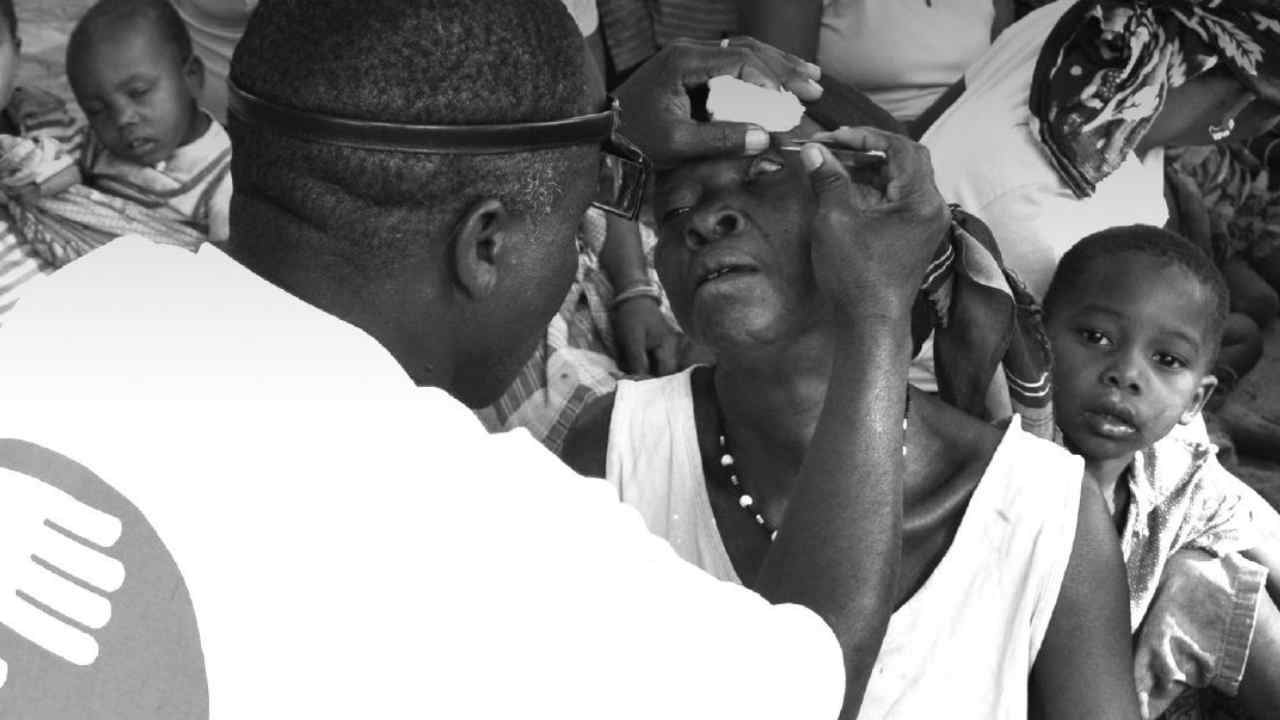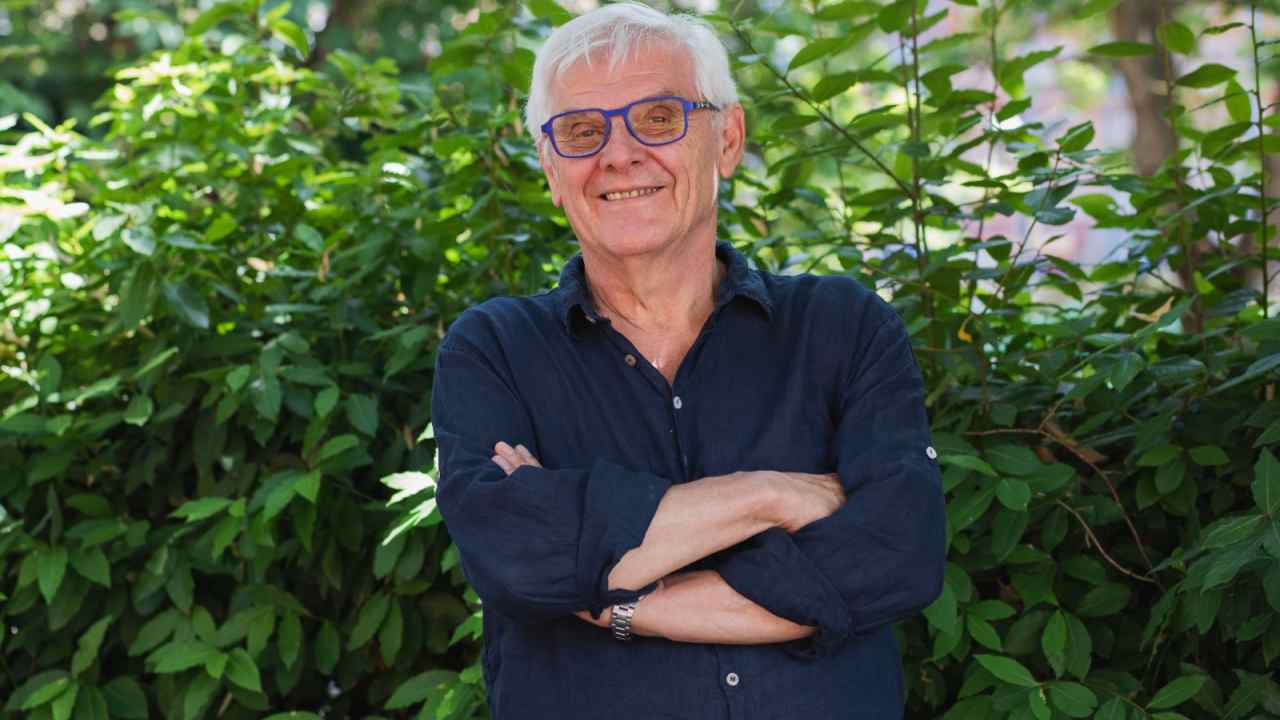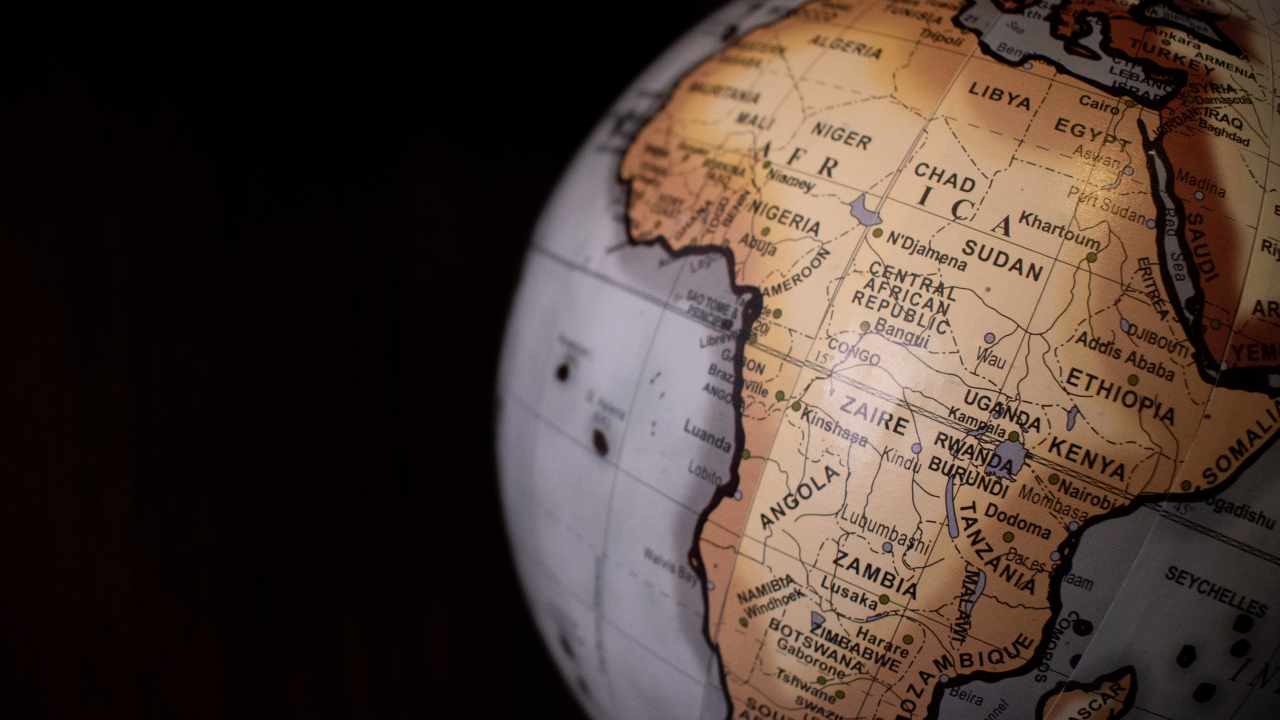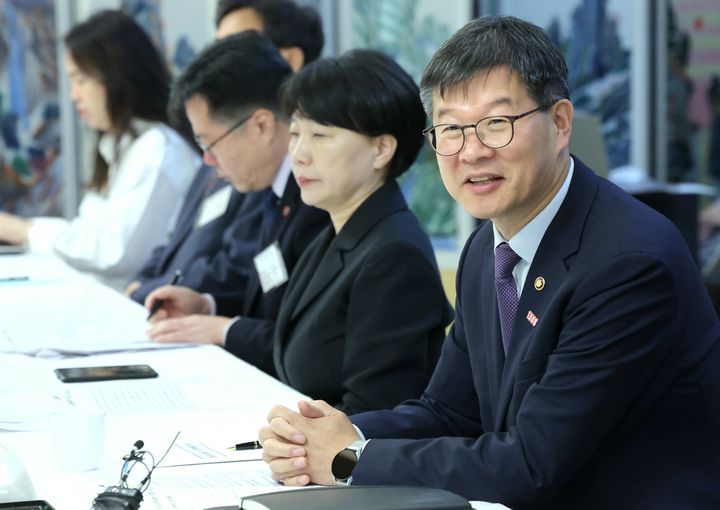Photo in Myriams-Photos and Pixabay
In the world, Aifo warns, three out of 10 people do not have access to essential health services and 80% of these live in the poorest countries. Vulnerable women and men who “deserve fairer healthcare and a better life, regardless of where they were born“. For this reason, “we promote local healthcare and work to strengthen national healthcare systems”. In fact, prevention is the tool achieved through raising awareness community and the training of healthcare personnel. “Aifo’s commitment in the world (Italian Association of Friends of Raoul Follereau Ets) focuses on interrupting the transmission of leprosy. But also in prevent disabilities and eliminate discrimination against those affected, beyond prejudice and stigma. Promoting social inclusion for restore personal dignity to those who are not recognized due to an illness”, states the president of IfoAntonio Lissoni. The association currently manages leprosy control and elimination initiatives in four countries (India, Brazil, Mozambique, Guinea Bissau). Favoring a holistic approach which provides, in line with the objectives of sustainable development (Sfg 2030), physical rehabilitation of people with disabilities. Health education and information for the population. Rehabilitation and socio-economic inclusion and defense of those affected and their families. Aiifo in leprosy control projects follows Road Map 2021-2030 for the control of leprosy Neglected tropical diseases. The lines of action developed by the WHO also include a Global Leprosy Strategy (Towards zero leprosy, 2021-2030). Among the objectives is the significant reduction of cases diagnosed every year. And the reduction of people who have severe disabilities at the time of diagnosis in the number of infected children.
 Leprosy patient in Africa. Photo courtesy of Aifo
Leprosy patient in Africa. Photo courtesy of Aifo
Aifo campaign
“As Aifo we are committed every year also in Italy activities to fight leprosy and raise awareness. On January 26, 2025, we will celebrate the 72nd World Leprosy Day. To reiterate with ever greater conviction that we must not lower the spotlight on this curable disease whose transmission chain in the most vulnerable countries it is still active. And it must be stopped immediately”, explains the president of Aifo Antonio Lissoni. The solidarity presence of Aifo (Italian Association of Friends of Raoul Follereau ETS) in the world and in Italy is therefore confirmed because “feeling good is a right of all people”. Cases of leprosy in the world are still growing despite the objective set byWorld Health Assembly to reach the “zero leprosy” goal by 2030. During 2023 a total of 182,815 global cases have been recorded of leprosy. With an increase of 5% compared to the previous year. These are just some data emerging from the latest annual report ontrend of leprosy in the world published by the WHO, which worry Aifo. The association deals with inclusion and care for 60 years and especially through concrete projectsof the fight against leprosy and the injustices resulting from it. In November it will take place in Bologna the ILEP National Assembly, International Federation of associations against leprosy of which Aifo is confusing. It will be an important event in our country to gather the different experiences around the world of all foreign organizations involved in the fight against leprosy. And to talk about a new one experimental medicine designed to prevent the one currently used from no longer being effective.
 Antonio Lissoni. Photo courtesy of Aifo
Antonio Lissoni. Photo courtesy of Aifo
Neglected tropical diseases
Today, leprosy is on the list of Neglected Tropical Diseases (NTDs) ofWorld Health Organization. And it is still a major health problem in various countries in Africa, Asia and Latin America, where they persist precarious socioeconomic conditions which favor the transmission of the disease. However, MTNs must be of interest to all countries, since as demonstrated by the Covid pandemicbut as the cases of Dengue arriving in Europe and Italy are also demonstrating, in a globalized world diseases are also becoming globalthe. Precisely for this reason, from 25 to 27 October Aifo was organized together withLocal health authority of Naples a course for doctors for the diagnosis of leprosy as part of a project on rare diseases at the hospital for the Pilgrims ASL Naples 1 Center. Aifo brings its great experience to the diagnosis of the disease which often presents a difficult diagnostic challenge. As it goes into differential diagnosis with different dermatological, neurological or internal diseases. Analyzing the WHO report, the concentration of people diagnosed especially in three countries is confirmed for 2023 as well. India (107,851 people), Brazil (22,773 people) and Indonesia (14,376 people). The sum is equal to 79.3% of the total diagnosed cases in the world. Other countries with a significant number of diagnosed people (above 1,000) are: Bangladesh, Ethiopia, Philippines, Madagascar, Myanmar, Mozambique, Nepal, Nigeria, Democratic Republic of the CongoSomalia, Sri Lanka, Tanzania.
 Photo in James Wiseman are Unsplash
Photo in James Wiseman are Unsplash
Brain Strategy
The annual number of diagnosed people it is certainly an important fact. But alone it is not sufficient to evaluate theglobal impact of the disease in terms of public health. Although the percentage of minors diagnosed has progressively decreased in recent years, the absolute number is still high and increasing. And it shows how the transmission of the disease is still active and early. In 2023, 10,322 of the new cases were children (under 15 years old), or 5.7% of the total. 39.9% of cases global ones are instead found among donne. WHO’s global strategies for disease elimination have focused on support to treatment services to ensure early diagnosis and improve its quality. However, the data collected shows that the number of people with serious disabilities is still growing at the time of diagnosis. In 2023, among those diagnosed, 9,729 (5.3%) had serious disabilities, of which 266 were children (2.7%), while in 2022 there were 9,557. This indicates that, even today, due to poor knowledge of the symptoms of the disease within communitiesdifficulties in access and poor quality of treatment services, diagnosis occurs late. And in many cases the person affected by the disease already presents with irreversible physical disabilities. In line with the WHO strategy, Aifo implements actions at community level health education to promote early diagnosis of those affected. The WHO report also confirms that there are several countries where discrimination against leprosy patients is still reported. OR they have laws that allow discrimination based on the disease.
 Photo in war hero are Unsplash
Photo in war hero are Unsplash
Pope’s appeal
Francis also urges us not to forget leprosy strikes again many people, especially in the most disadvantaged places. “We have to ask ourselves how collaborate as best as possible with people suffering from leprosy. Treating them fully as people. Recognizing them as the main protagonists in their struggle to participate in the fundamental human rights and live as full members of the community”, proposes the Pope. He urges us to “renew our commitment to build an inclusive societywhich leaves no one on the sidelines.” In fact “the denunciation must always be accompanied by the proposal, as a synthesis between the good that silently already exists and prophetic visions, capable of inspiring structured charity and a more just coexistence.” With the hope that “the local Churches, so that they are alongside those who are rejected and know how to actively accompany processes of inclusion and integral human development“. It is also necessary to “collect voices from all over the world”. And discuss them measures that can be adopted to further promote respect for human dignity. “Leprosy, also known as Hansen’s diseaseis one of the oldest diseases in human history.” And “the stigma linked to leprosy continues to cause serious violations of human rights in various parts of the world”, highlights the Pontiff. “We cannot forget these brothers and sisters of ours. We must not ignore this disease, which unfortunately still affects many, especially in more disadvantaged social contexts”, the appeal of Jorge Mario Bergoglio. Which urges us to “review our development models and denounce and try to correct discrimination that they cause.”
